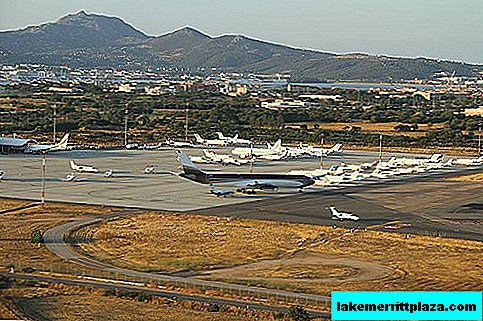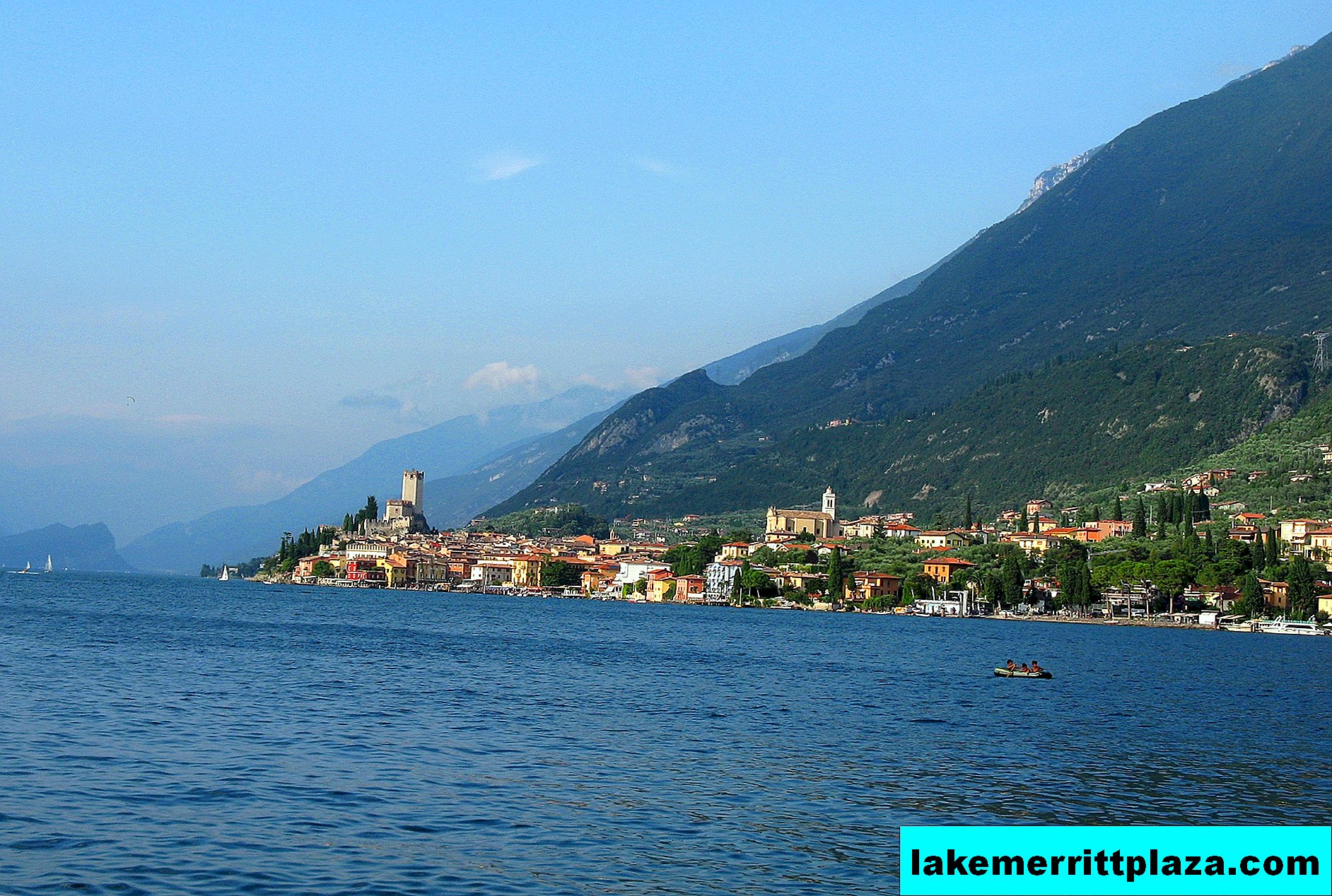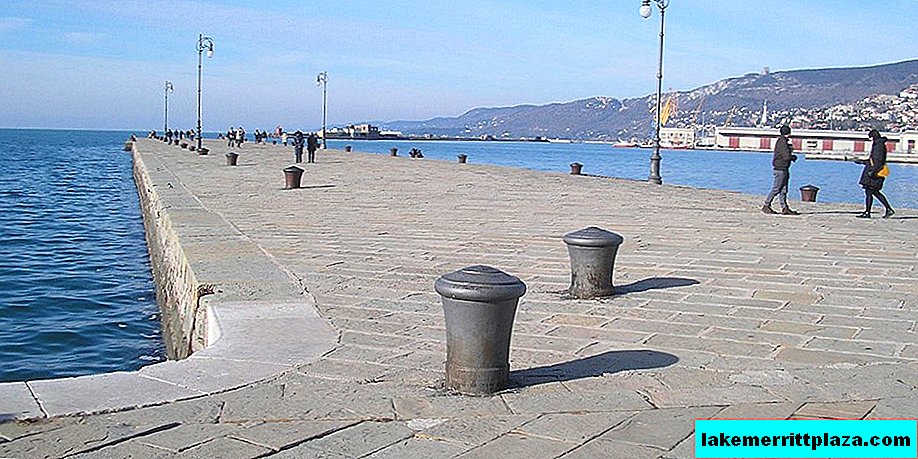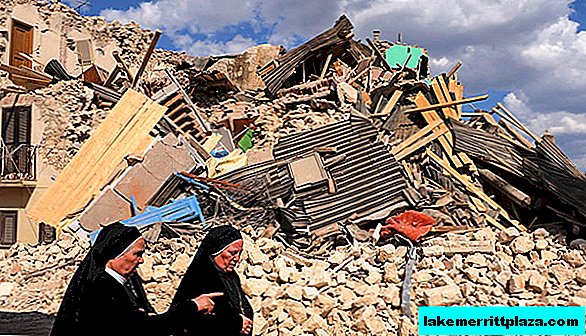In addition to world-famous attractions, beautiful beaches and traditional cuisine, Italy is also famous for agritourism. In the cultivation of this type of recreation, Italy, along with France and Spain, is considered one of the recognized world leaders. And what other format of visits will allow you to feel the Italian way of life and traditions better than a vacation in the village?
Throughout the year, over 10 thousand Italian villas, farms and estates are ready to host agritourists. Here you can ride horses, stroll through the fragrant flower fields, visit the vineyards and, of course, enjoy plenty of gastronomic delights.
History of agritourism in Italy
According to one of the local legends, the start of agritourism in Italy was laid by a certain foreigner who went to live on an Italian farm in order to diversify his too calm and well-fed life. It was in the post-war period, when the Italian villages impoverished as a result of World War II were just beginning to "recover." The farmer who sheltered the eccentric foreigner was satisfied, having received a good reward for his labors. Tales of excellent relaxation, excellent natural food and Italian hospitality quickly spread outside the country, and soon they began to go to Italy not only for its rich architecture and history, but also to taste all the charms of a colorful village life.
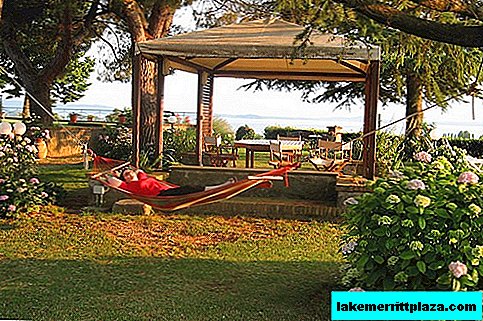
Agritourism in Piedmont gives you the opportunity to relax and restore health
Entrepreneurial Italians, seeing this as a market niche, began to equip their homes and farms in order to create all conditions for a decent rest for visitors. By the 70s of the XX century, the country began to appear agricoles - operating farms, which, in addition to producing wine, olive oil and other products, provided rooms for tourists in their homes.
Since 1985 agritourism in Italy Received official recognition and state support. Some projects even have special grants. In the countries of the European Union there is a decree that clearly defines the rules for doing business for farmers who want to provide their farms for agritourism. To obtain permission to engage in this type of business, Italian farmers are required to take a special course, designed for one hundred hours. During the training program, farmers acquire knowledge on the basics of law, management, accounting, hygiene standards, etc.
Today agritourism in Italy is an already formed market. About two million people come to farms and estates annually, which gives considerable profit to the country's budget.
The most popular Italian regions for agritourism
Agritourism in Tuscany
The first position in the list of the most popular regions for agritourism in Italy is rightfully occupied by Tuscany, where a quarter of the country's agricoles are concentrated. Tuscany is a real paradise for travelers. Its villages and small towns are imbued with the spirit of the Middle Ages.

A quarter of the country's agricole is concentrated in Tuscany
In addition to the picturesque nature, olive groves and wine plantations, agrotourists have a great opportunity not only to taste the dishes that Tuscany is famous for, but also to learn how to cook them under the guidance of Tuscan hostesses.
In Tuscan cuisine, fish, flour and sausages, and, of course, a variety of vegetables are widely used. However, olive oil, considered one of the best in the country, is also an indispensable element of Tuscan cuisine, as well as Florentine beef steak, which is prepared from bovine meat marinated in olive oil with spices. In addition, Tuscany is also the land of winemakers. But because agritourism in tuscany without wine is simply unthinkable.
Agritourism in Trentino - South Tyrol
Together with Tuscany, another popular resort, Trentino (South Tyrol), holds the palm of the agritourism in Italy. The key to the popularity of this province is the fact that Trentino is one of the largest European centers of mountain and ski tourism with a well-developed infrastructure. Agritourism in Trentino - This is an explosive mixture of picturesque landscapes, mild climate, mountain "crystal air", sights, wine and, of course, wonderful Italian cuisine.
If you go to Trentino, be sure to try the local pizza pizza paste (Italian pizzocheri), made from buckwheat flour with potatoes and Savoy cabbage, generously seasoned with cheeses and herbs. Beef tenderloin, called tagliata (Italian tagliata), marinated in spices and grilled, and also cured bresaola beef (Italian bresaola), sliced in transparent slices.

Trentino - one of the largest European ski tourism centers
Agritourism in Piedmont
The region in northern Italy has glorified the country with its gastronomic delights. In addition to fine wines, cheeses and other gastronomy, it is in Piedmont that world-famous white truffles grow. Agritourists who decide to go to this region of Italy will have the opportunity to stay in the agricoles of the legendary "hunters" for delicious mushrooms. If you are lucky, you can even take part in the search for truffles or visit the famous truffle festival. Fans of "mushroom hunting" should head to the province of Lange, where, near the city of Alba, these agritourism estates are located.
Agritourism in Piedmont - It is also a wine tour, since winemaking in Piedmont has a special place. It is Piedmont - the birthplace of the famous wine Asti Slumante and the wonderful sparkling Prosecco. And serving the local Barolo wine, in addition to bread, butter, vegetables and several types of sausages, the guest will be surely treated to white truffles.
And Piedmont is one of the largest producers of cheese. Indeed, in addition to the recipe, in the production of Italian cheese one of the key roles is played by the vegetation that animals feed on, and the climate in which cheese ripens. Only in this region you can try the real cheeses of Castelmagno, Gongonzola, Grana Padano, Taleggio, Robiola, Bra and TomaPiemontese.
In addition, agritourism in Piedmont is an opportunity to swim enough in the thermal springs that abound in the region. The thermal spas of Piedmont, such as Terme di Acqui, Terme di Agliano and Terme di Bognanco, are famous for their springs throughout Italy.


